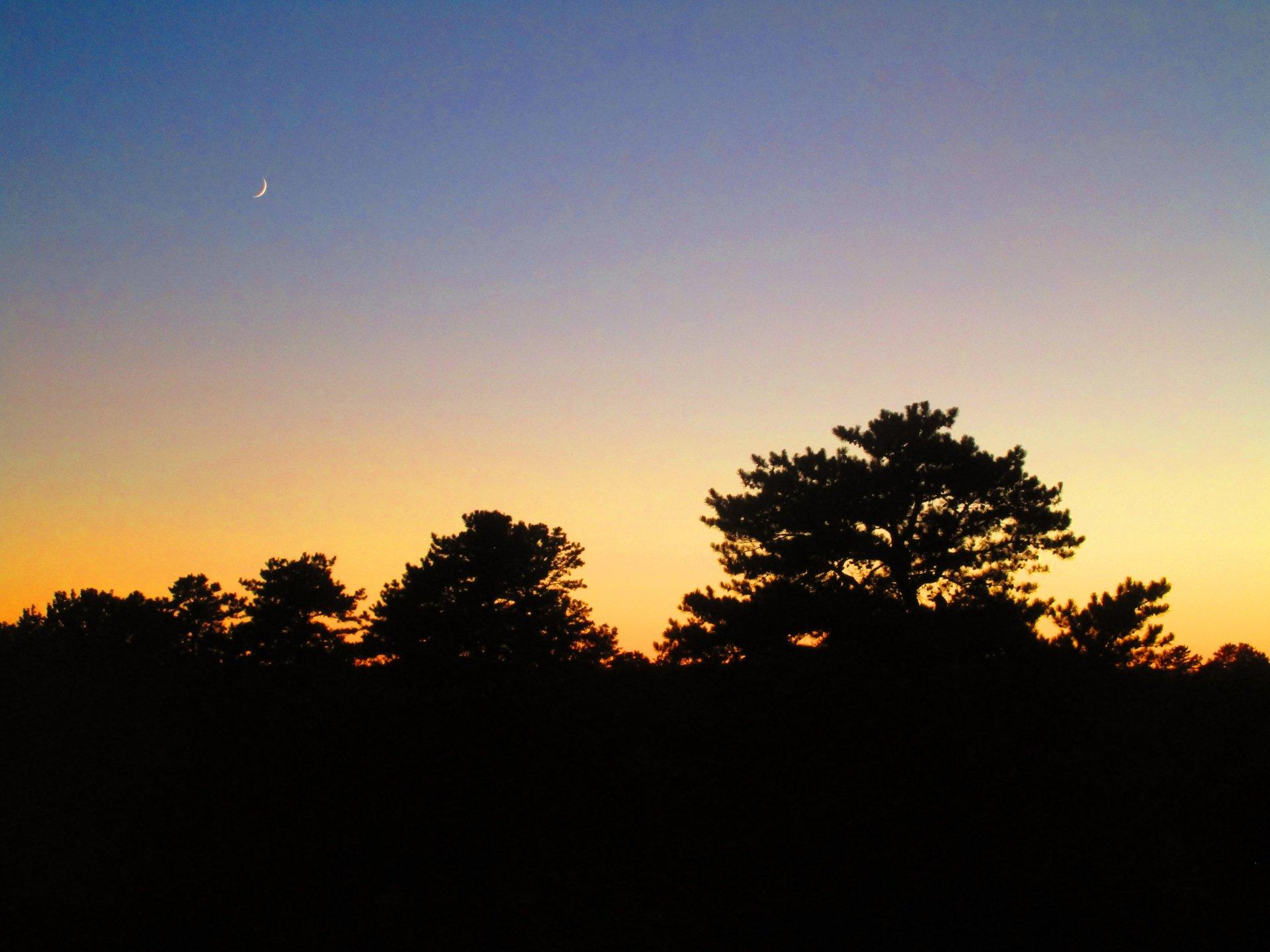by Tom Ellis
Labrador: Jim Learning of the Labrador Land Protectors, who spoke at the April 20, 2016 SPB dinner about his work to preserve rivers in Canada from needless destruction, died on April 16. He was 81. He was a Grand River Labrador board member and Nunatu-Kavut councilor.
Jim’s 2016 stop in Albany was part of his ten-day educational and advocacy tour on NY, New England, and Nova Scotia in which he pleaded with listeners to reject electricity imports from Quebec and Labrador. He said the provincial governments literally destroy rivers and river valleys constructing dams, power stations, and enormous reservoirs to generate electricity, to be transported often more than a thousand miles to distant markets where electricity users are unaware of the devastation that occurs where the power originates.
“I am begging you. Push back on taking our electricity.” He said, “it is not clean. Dams starve the sea of nutrients. We need a front to tell our government not to do this. I want to create a liaison between our group and your group.”
Jim was jailed for non-violently resisting dam construction in 2013 and 2017. After learning of his death, his colleague, Denise Cole, wrote that “he left us as an elder and he’ll stay with us as an ancestor.”
Jim was a strong advocate for an independent, united Labrador. Labrador is part of Newfoundland and Labrador (NL). NL was a British colony until after World War Two when it became Canada’s tenth province. Labrador was a separate political entity from the island of Newfoundland until 1927 when the British government combined them without consulting Labrador’s aboriginal people. Labrador has less than one-tenth the human population of Newfoundland island but contains more than seventy percent of the province’s total land area. Labrador possesses immense quantities of iron ore, nickel, copper, uranium, and water. Labrador is thus dominated politically by Newfoundland whose politicians often treat it like a colony. It was Jim’s hope that Labradorians could control the destiny of Labrador and protect it from predator corporations.
Published in May/June 2020
Save the Pine Bush Newsletter
